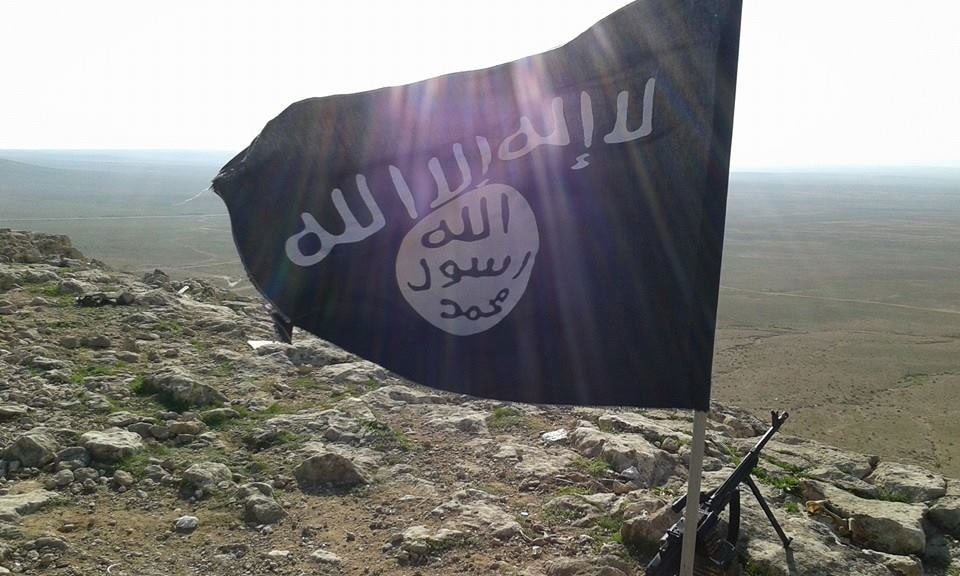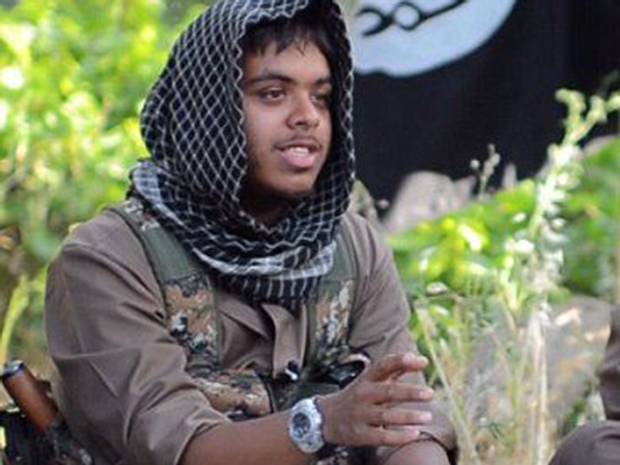Government ordered to prove Isis drone strikes are legal by senior MPs
Joint Committee on Human Rights (JCHR) says the Government has not been 'crystal clear' about the legal basis for some of the killings

Your support helps us to tell the story
From reproductive rights to climate change to Big Tech, The Independent is on the ground when the story is developing. Whether it's investigating the financials of Elon Musk's pro-Trump PAC or producing our latest documentary, 'The A Word', which shines a light on the American women fighting for reproductive rights, we know how important it is to parse out the facts from the messaging.
At such a critical moment in US history, we need reporters on the ground. Your donation allows us to keep sending journalists to speak to both sides of the story.
The Independent is trusted by Americans across the entire political spectrum. And unlike many other quality news outlets, we choose not to lock Americans out of our reporting and analysis with paywalls. We believe quality journalism should be available to everyone, paid for by those who can afford it.
Your support makes all the difference.The Government must urgently clarify the legal basis for its policy on launching drone strikes against Isis terrorists, a committee of senior parliamentarians has said.
The cross-party group of MPs and peers said despite the Government's insistence that it did not have a "targeted killing" policy, it was clear that the UK was prepared to use lethal force overseas for counter-terrorism purposes.
The Joint Committee on Human Rights (JCHR) accepted that the drone strike which killed British jihadi Reyaad Khan in August 2015 was part of the armed conflict against Isis in Iraq and Syria and therefore covered by the Law of War.
But chairwoman Harriet Harman said the Government had not been "crystal clear" about the legal basis for the killing of Khan in Syria and the committee raised wider concerns about the potential use of drones in other parts of the world where Isis - also known as Isil and Daesh - is active.
The Prime Minister said the strike against Khan was a "new departure" when he revealed details of the operation in September 2015, before MPs had voted on extending the fight against Isis into Syria.
But the JCHR said the UK Permanent Representative to the UN said the action had been taken in the collective self-defence of Iraq.
"That statement suggested that there had been no 'new departure' in UK policy, merely a conventional use of force abroad by the UK in an armed conflict in which the UK was already involved."
The committee continued: "We accept that the drone strike in Syria was part of that wider armed conflict in which the UK was already engaged, to which the Law of War applies, and that the Government therefore did not use lethal force outside of armed conflict when it targeted and killed Reyaad Khan on 21 August.

"However, our inquiry has also confirmed what the Prime Minister appeared to tell the House of Commons on 7 September: that it is the Government's policy to be willing to use lethal force abroad, outside of armed conflict (in Libya, for example), against individuals suspected of planning an imminent terrorist attack against the UK, as a last resort, when there is no other way of preventing the attack."
That position was "put beyond any doubt" by the permission given to the United States to use airbases in Britain to launch air strikes against an Isis camp in Libya, the committee said.
"Although the Government says that it does not have a 'targeted killing' policy, it is clear that it does have a policy to use lethal force abroad outside armed conflict for counter-terrorism purposes", the parliamentarians concluded.
The committee said "certain aspects of the Government's view of the legal basis for its policy require urgent clarification".
The MPs and peers said that "while international law permits the use of force in self-defence against an imminent attack, it does not extend more widely to authorise the use of force pre-emptively against a threat which is more remote, such as plans which have been merely discussed but which lack the necessary intent or capability to make them imminent".
They also suggested that human rights laws could apply if force was used outside a conflict zone, but stressed this would not necessarily prevent a strike taking place.
The European Convention on Human Rights "imposes a positive obligation on the State to protect life, including by taking effective preventive measures against a real and immediate risk to life from a terrorist attack".
The committee also called for the Government to set out its legal basis for assisting other nations, such as the US, in strikes against Isis.
The US takes the view that it is in a global armed conflict with Isis, so that the Law of War applies and lethal force can be used anywhere in the world.

But Defence Secretary Michael Fallon told the committee the UK Government regards itself to be in armed conflict with Isis only in Iraq and Syria.
The report called for more accountability and proposed giving the Intelligence and Security Committee a more prominent role in oversight.
The committee also urged the Government to take the lead in developing an international consensus on the issue.
Labour MP Ms Harman said: "We find ourselves today in a new situation for which our long established legal frameworks were not designed.
"The line between war in the traditional sense and countering the crime of terrorism has been blurred by two developments: rapid technological advance, including drone technology, has transformed the nature of the threat from terrorism and the capacity to counter it; and the nature of armed conflict has changed, with the steady rise of non-state armed groups such as Isil/Da'esh with the intent and capability to carry out terrorist attacks globally and aspirations without territorial limit.
"When dealing with an issue of such grave importance, taking a life in order to protect lives, the Government should have been crystal clear about the legal basis for this action from the outset. They were not. The statements of the Prime Minister, the Permanent Representative to the UN and the Defence Secretary in the aftermath of this military action were confused and confusing.
"When the government orders our military to take a life outside of armed conflict, there should be proper accountability. Those making and carrying out the order to take a life need to know that there will be independent scrutiny to ensure that the highest standards have been adhered to.
"As the world faces the grey area between terrorism and war, there needs to be a new international consensus on when it is acceptable for a state to take a life outside of armed conflict. The UK Government should lead in the establishment of that consensus and thereby ensure that states are able to take the action which is necessary to protect their citizens without breaching the rule of law."
PA
Join our commenting forum
Join thought-provoking conversations, follow other Independent readers and see their replies
Comments